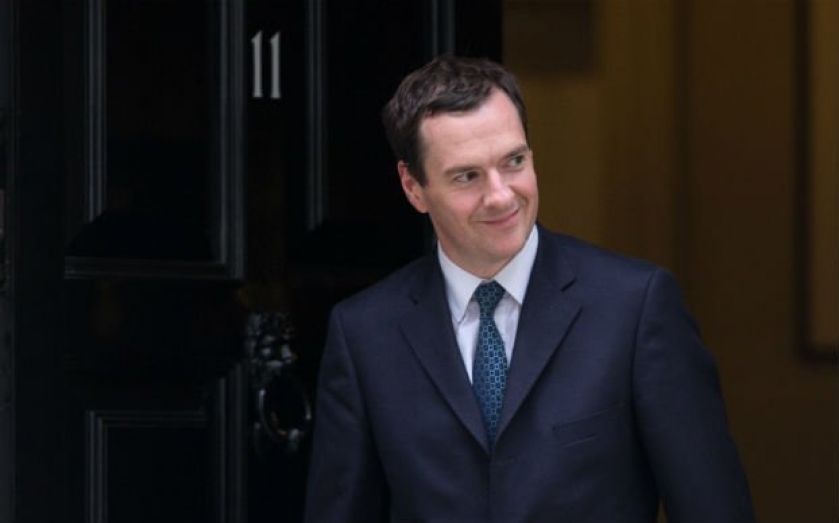After Libor: Currency, gold and oil markets will face tougher regulation

Seven financial markets are facing tougher regulation as the government seeks to extend laws originally designed to address the Libor rigging scandal.
The Treasury has benchmarks governing currency, gold, silver and oil in its sights to ensure financial markets “remain robust” and that anyone seeking to manipulate them is subject to the the “full force of the law”.
Libor laws were introduced in 2012 after banks were found to have rigged the benchmark rates used for lending money.
Chancellor George Osborne had previously confirmed extending legislation to new markets, however the new recommendations detail plans for these laws to apply to specific forex, fixed income and commodity markets:
- Sterling Overnight Index Average (SONIA)
- Repurchase Overnight Index Average (RONIA)
- WM/Reuters 4pm London Fix
- ISDAFix
- London Gold Fixing
- LMBA Silver Price
- ICE Brent futures contract, traded on the ICE Futures Europe (IFEU) exchange
If the recommendations are approved, it means the benchmarks governing these markets will be subject to new rules regulated by the FCA.
Andrea Leadsom, economic secretary to the Treasury, said:
The integrity of the City matters to the economy of Britain. Ensuring that the key rates that underpin financial markets are robust, and that anyone who seeks to manipulate them is subject to the full force of the law is vital.
That’s why the government is determined to deal with abuses, tackle the unacceptable behaviour of the few and ensure that markets are fair for the many who depend on them.
The new recommendations are a result of a joint review between the Treasury, Bank of England and Financial Conduct Authority launched in June.
The Fair and Effective Markets Review will report its findings next year, however the government is running a consultation with the financial industry on the initial recommendations it has made today, between now and 23 October.